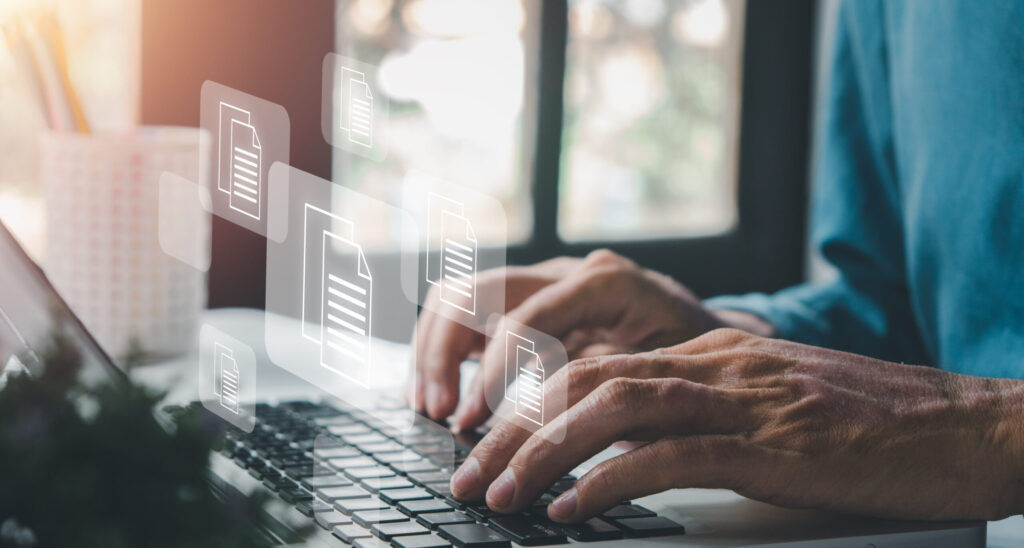Maintaining a secure and efficient intranet is essential in today’s digital age. The two go hand in hand. As more businesses become globalised and better connected to the outside world, the danger of cyber crime becomes more prevalent. Companies are combating this by instituting a strong security system within their internal networks. Intranets are used to ensure that internal and external business activities run smoothly. However, these networks also help to protect valuable customer information that outside sources can access. The risk of illegal activity occurring within an intranet is real. Therefore, companies need to implement the necessary security measures to prevent it from happening.
What is Intranet Security?
Intranets are computer networks used exclusively by a single organisation or corporation, such as a business, school, or hospital. Like the Internet, they act as a virtual public space and are used to share information. Intranets function in the same way as extranets. They are private and have extraordinary security measures. Intranets are used by employees and sometimes suppliers to access information or collaborate internally in a secure way.
Intranet security protects information, equipment, and physical property within the intranet. Security measures are implemented for all intranets; however, depending on the type of business or industry, these security measures may differ. These security measures can vary from site to site and department to department, depending on the size of the network.
The Importance Of Intranet Security
Enhanced Communication, Information Exchange, and Teamwork
The success of the intranet hinges on how effectively it is secured. Intranets are valuable business tools and abusing them can harm a company. Security is paramount for any organisation or corporation that utilises an intranet as a service component or digital platform.
Increase in Employee Productivity
Because an intranet allows its users to access various applications and files, it serves as a venue for increased employee productivity. Employees within an organisation can access information and review documents without having to attend the office or send information through email physically. It creates a virtual command centre where employees can collaborate effectively and efficiently.
Security Measures
Intranets employ various security measures to prevent illegal activity and protect valuable information. Intranets have been designed with security and additional measures to prevent unauthorised access. Some examples of these measures include encrypting the sent data, which is an effective way to prevent eavesdropping and hacking. Another measure involves the secure creation of virtual sandboxes for networked applications, which prevents direct access to an intranet’s servers for hackers and malicious websites.
It is Cost-Effective
Intranets are cost-effective for business because they allow companies to share valuable information and applications. It gives employees greater access to the information they need and makes it easier for company managers to communicate internally with staff. It also allows them to decide how best to utilise such information. It is a more streamlined way of working and can reduce waste.
How to Secure an Intranet
It is important to secure your intranet. Once you have implemented your security system, you need to ensure that it works effectively and efficiently, or it can become a hindrance.
The following are some steps you can take to secure your intranet:
1. Establish a Comprehensive Security Policy
Effective security requires that you establish a comprehensive security policy. This policy should be specific and contain all the relevant details regarding your company’s information, applications, equipment, and physical security measures. It should also include policies for different departments within your corporation and website users.
2. Modern User Experience
A secure intranet should also be user-friendly and personalised to the needs of your employees. For instance, it should ensure that employees can access applications and files independently when necessary. It should also provide end-to-end encryption for sensitive information.
3. Strengthen Your Log-in Protocols
Hackers always look for ways to access your intranet. A strong log-in protocol is a key component of an effective security system. Hackers will try and get into your system using various methods, such as cracking passwords or exploiting security vulnerabilities in the browser. You need to strengthen these points by using stronger character passwords and requiring multiple authentication factors whenever possible.
4. Meet Global Security Standards
You must comply with global data security standards. This ensures that your information is protected, and you meet important compliance requirements. It also demonstrates to customers, clients, and vendors that you respect their personal information and guarantees security.
5. Secure Third-party Integrations
If you use third-party applications, you need to make sure that these applications are safe and compatible with your security process. If you have chosen to use a third-party application, ensure it is antivirus-protected and constantly updated.
Intranets are a valuable asset for businesses to have. However, the success of an intranet relies on how effectively it is secured. Intranets provide employees with easy access to information and collaboration. This allows employees to be more effective in their jobs, and employers can communicate more efficiently with the staff.
As the intranets value increases, the importance of security increases as well. Once the intranet is fully secured and protected, it can serve as an even more asset and increase productivity in both business and personal lives.
An effective intranet security system is imperative for an organisation that utilises a digital platform or service component. It ensures that employees and customers have safe access to your organisation’s valuable information. It also protects your business’s data and assets as well as the reputation of your company in the marketplace.

